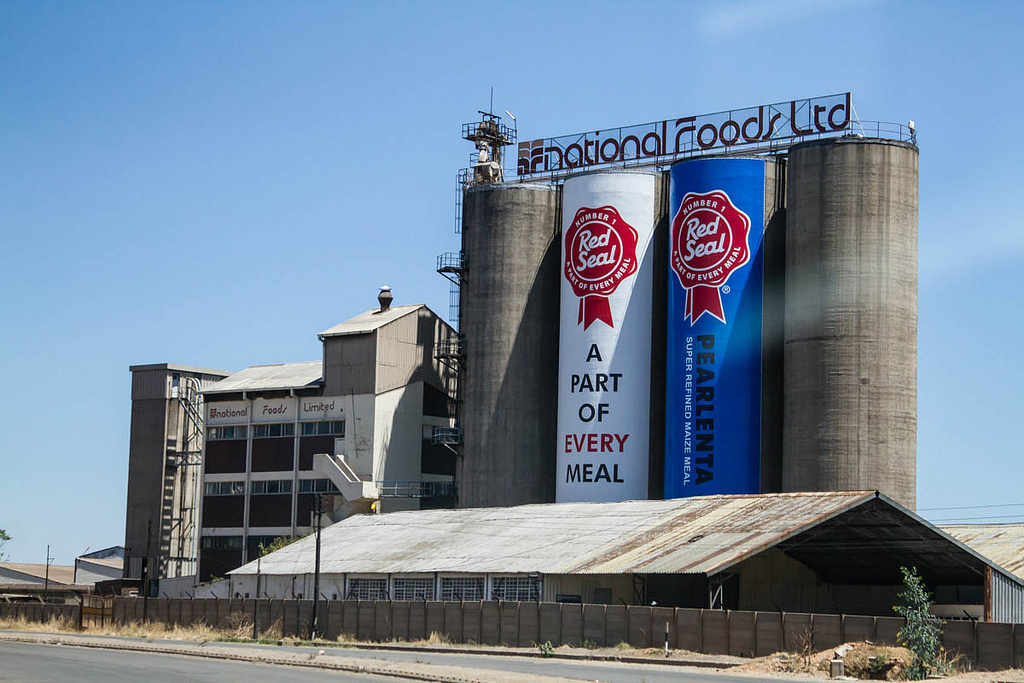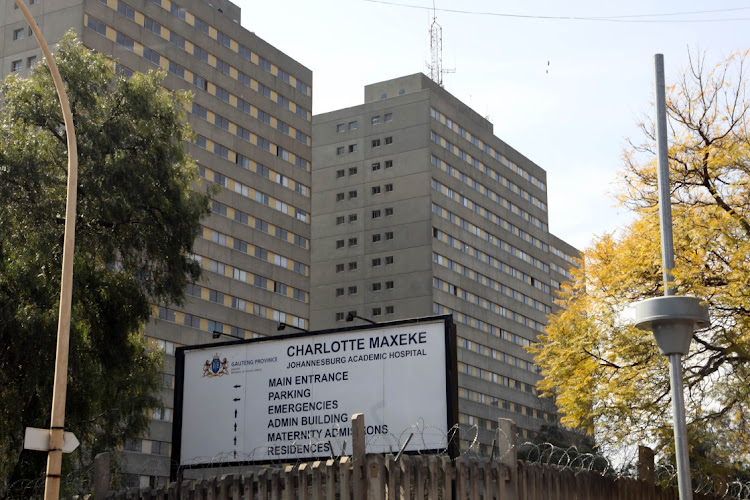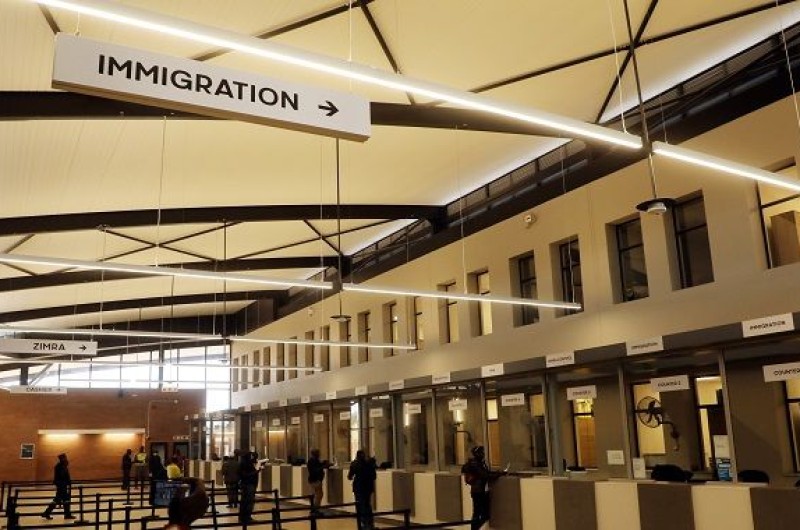HARARE – The Zanu PF government in Zimbabwe is trying to “re-invent the laws of economics,” former US ambassador to Harare Bruce Wharton says.
Wharton spoke after Vice President Constantino Chiwenga threatened to shut down businesses for increasing prices, and authorities put in motion plans to establish bakeries and commodity shops around the country which will sell goods for less. Some RTGS$70 million is being invested in the project, rising to RTGS$165 million over the next three years.
“Zimbabwe’s political and security force leaders are powerful people, but not powerful enough to reinvent the laws of economics,” Wharton said on Twitter.
The Grain Marketing Board (GMB), the country’s grain reserve, said it was establishing 121 “silo shops” around the country to sell “affordable” goods. The government is also establishing bakeries countrywide after the price of bread shot up to RTGS$3.50.
The price hikes have mirrored the collapse of the local RTGS currency, which was introduced in February this year. Over the last fortnight, prices of basics like bread, maize meal and sugar went up while workers’ salaries have remained unchanged.
“We would want to make this warning today. Those who’re doing this exercise, we already know. If one tries to practise financial terrorism in Zimbabwe, we will react appropriately and no-one should cry that he has not been treated fairly,” Chiwenga warned last week in Bulawayo, while speaking to business executives at the Zimbabwe International Trade Fair.
The GMB, through its commercial division, says it is rolling out food shops “in line with calls by President Emmerson Mnangagwa and Vice President Chiwenga on pricing.”
“We have 87 active depots countrywide, 25 shop feeds and we are opening nine more. All this will be stocked by our silo products. Our philosophy is not to profiteer but sell affordable goods. So we are already on the move, like the President said, all our shops will be fully stocked to cushion the consumers,” GMB Commercial Division Managing Director, Daniel Maregedze said.
“Economic illiteracy is now a clear-and-present threat to national security. Subsidies and price controls, as experience has shown, will only facilitate distortions and corruption,” said Brezhnev Malaba, assistant editor of the Zimbabwe Independent business weekly.
Earlier this year, the government introduced a subsidised urban bus transport system through the Zimbabwe United Passenger Company (ZUPCO) after commuter minibus operators raised fares in response to a 168 percent increase in the price of fuel decreed by Mnangagwa.
















